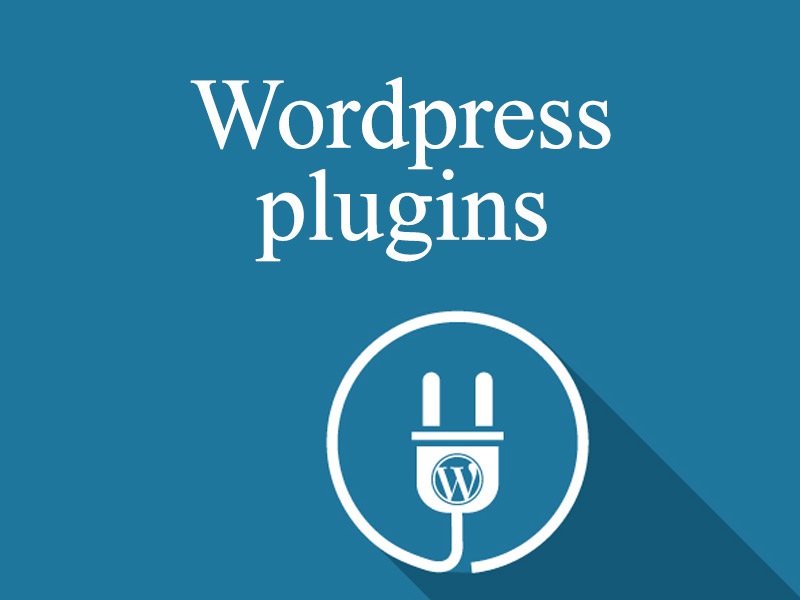
WordPress plugins are like magical add-ons that enhance the functionality of your WordPress website. They can range from simple tools for tasks like contact forms or image sliders to more complex solutions for eCommerce, membership sites, and beyond. Some popular types of WordPress plugins include:
- SEO Plugins: These help optimize your website for search engines, improving your chances of ranking higher in search results. Examples include Yoast SEO and All in One SEO Pack.
- Security Plugins: Essential for protecting your site from hackers, malware, and other security threats. Plugins like Wordfence Security and Sucuri Security are popular choices.
- Backup Plugins: Ensure you never lose your website’s data by regularly backing up your site. Plugins such as UpdraftPlus and BackupBuddy automate this process.
- Performance Optimization Plugins: Speed up your website and improve its performance with plugins like WP Rocket and W3 Total Cache.
- Contact Form Plugins: Easily create contact forms for your website visitors to get in touch with you. Popular options include Contact Form 7 and WPForms.
- Ecommerce Plugins: Turn your WordPress site into an online store with plugins like WooCommerce or Easy Digital Downloads.
- Page Builder Plugins: Create custom page layouts without any coding knowledge using drag-and-drop interfaces. Examples include Elementor and Beaver Builder.
- Membership Plugins: Restrict access to certain content on your site and create membership levels with plugins like MemberPress and Restrict Content Pro.
- Social Media Plugins: Integrate social media functionality into your website with plugins like Shared Counts and Social Warfare.
- Analytics Plugins: Track visitor behavior and gather valuable insights about your website’s performance with plugins like Google Analytics Dashboard for WP.
When choosing plugins for your WordPress site, it’s essential to consider factors such as compatibility with your WordPress version, reviews and ratings, support provided by the plugin developer, and whether the plugin meets your specific needs without adding unnecessary bloat to your site. Additionally, always keep your plugins updated to ensure optimal performance and security.
- No categories
